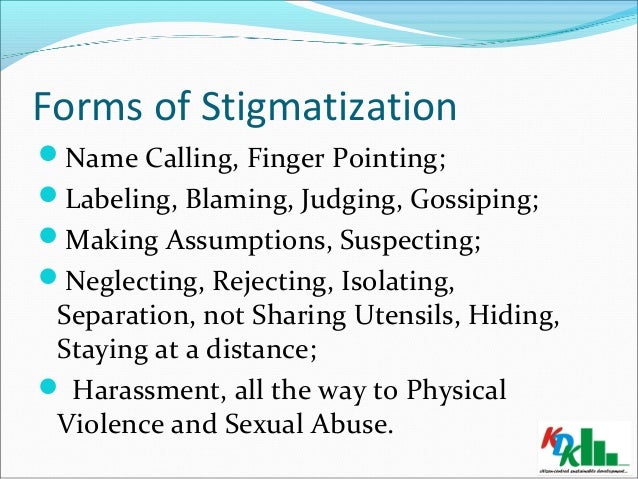Secularism and Nonreligion
Research Article
Stigmatization and Validation of Atheism, Literalism, and Non-Literalism in the Discourse over Evolutionary Theory
Author: Eric O. Silva

Research Article
Stigmatization and Validation of Atheism, Literalism, and Non-Literalism in the Discourse over Evolutionary Theory
Author: Eric O. Silva

Abstract
This article explores how atheism, literalism, and non-literalism are validated and stigmatized in public discourse over evolutionary theory. Through an ethnographic content analysis of 1,028 letters to the editor, I examine how authors frame the relationship between acceptance of evolutionary theory and religious faith. I find there are four ways of doing so: 1) implicit polarization, obliquely denies any compatibility between religion and evolution; 2) distancing, separates one’s position from that of another; 3) articulation, weaves evolution and faith together; and 4) combinations of polarization, distancing, and articulation. Each framing results in some mixture of stigmatization and validation of atheism, literalism, and non-literalism. Implicit polarization stigmatizes and validates atheism and literalism. Implicit polarization stigmatizes non-literalism through unacknowledgment. Distancing can validate and stigmatize literalism and non-literalism, while it also results in literalism and atheism being stigmatized by putative allies. Articulation validates non-literalism by representing it in the public sphere and it stigmatizes atheism and literalism through unacknowledgment.
How to Cite: Silva, E.O., (2018). Stigmatization and Validation of Atheism, Literalism, and Non-Literalism in the Discourse over Evolutionary Theory. Secularism and Nonreligion. 7(1), p.1. DOI: http://doi.org/10.5334/snr.44
FREE PDF GRATIS: Secularism and Nonreligion


